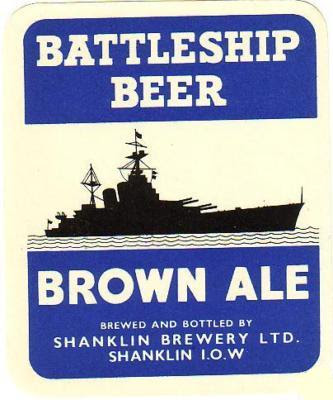You can see what the producer claimed its useful properties.
"Advantages Obtainable by the employment of BEANES' PATENT GRIST.
(1) Increased Extract.
(2) Sound Beers of Brilliant and Persistent Condition.
Purity.—Beanes’ Patent Grist is manufactured by a process which is a guarantee of freedom from any deleterious substance. We guarantee every consignment, and the Patent Grist is not only regularly analysed and tested in our own Laboratory, but other analysts are employed to regularly examine the material for us. The Patent Grist is manufactured from the finest selected rice, thoroughly kiln dried, and free from mould and unsound ferment germs. Unlike maize, it contains no appreciable amount of oil, and thus will not impart to Beers, when kept, any peculiar or objectionable flavour. Beers brewed with the Patent Grist are of better quality than those produced with maize, and improve by keeping.
Finished Beer.— Ales which are brewed with from 10 to 25 per cent, or more of Beanes’ Patent Grist are, even in the fermenting vessel just prior to racking, much cleaner than other Beers, while in cask they take the finings in a few hours, go “Star” brilliant, and retain their brilliancy. Many brewing firms who have been employing the Patent Grist for years, have not, during that time, had a complaint of their Pale Ales being cloudy and refusing to fine. These Beers will remain brilliant in the coldest weather, not becoming hazy like those produced with other materials less carefully manufactured. Beers brewed with not less than 10 per cent, of the Patent Grist (taken on total materials used) are not affected by heat or cold so far as brilliancy is concerned, provided, of course, the barley malts also employed are of medium quality. The Patent Grist contains a large proportion of “Dextrin,” the Beers do not “run down” in cask, the final gravity being almost permanent, while the condition produced remains persistent until the Beer is consumed, a tenacious head also being usual through the “Dextrin” present in the Ale. Sick Frets are usually prevented by the use of the Patent Grist, since the Beers do not contain an excess of changeable albuminous matter. If it is found at any time that Beers brewed with 10 per cent, of the Patent Grist do not remain brilliant in cold weather after fining, but develop a haze, it is due to hop resins or an excess of proteids in the Beer. In such case a good remedy is to increase the percentage of the Patent Grist employed until the excess of low type albuminous matter is sufficiently reduced when the difficulty will disappear, especially if the Beers are got into good condition before being fined.
Prices on Application.
E. BEANES & CO., Hackney Wick, London, N.E."
"A Treatise of Practical Brewing and Malting" by Frank Thatcher, The Country Brewers' Gazette, 1905, advertisement.
It's much the same as Frank Thatcher wrote. Boosting extract, aiding clarification and adding body. It sounds wonderful stuff.
Which has me wondering. If it's that wonderful, why haven't I found it in any other brewing records? I've looked through the records of dozens of breweries and I'm pretty sure Cairnes are the first where it's popped up.











































































No comments:
Post a Comment